-
•
•
4 responses
I love the many ways the church has recently bucked anti-refugee sentiment and worked to help refugees. See here, here, here, here, here, and now here. Read More
-
•
•
9 responses
Today I am pleased to present Part II of our interview with Tod Harris (the third great-grandson of Martin Harris!), manager of scripture translation support for the LDS Church. In Part 1, Tod walked us through the stages of producing a new edition of LDS scriptures in a target language. Today, he discusses the value of ambiguity as a feature, not a bug, in scripture translation, the role of the translation process itself in planting new LDS communities around the world, and the priority of literal readings in scripture translation. 5. How do you handle ambiguity in the English… Read More
-
•
•
9 responses
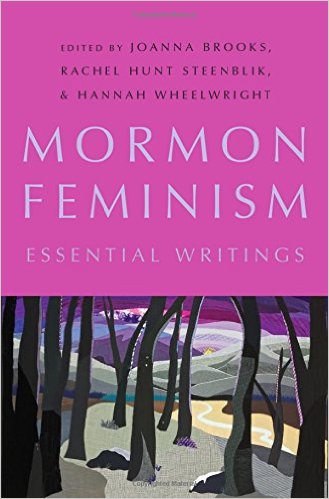
Once upon a time, the topic of inoculation was all the rage in the Bloggernacle. Too late for that now; the epidemic is upon us and its primary symptom, doubt, has become a standard feature of LDS discourse. The latest discussion is Patrick Mason’s new book Planted: Belief and Belonging in an Age of Doubt, co-published by the Maxwell Institute and Deseret Book. I haven’t had a chance to read it yet, so instead I’m going to point you to Boyd Peterson’s post “What To Do If Someone You Know Is Going Through A Faith Crisis.” Read More
-
•
•
16 responses

Last November I met Tod Harris at the AAR-SBL conference and immediately began pestering him with questions about his linguistics work in the Church’s Translation Department. He graciously agreed to be interviewed for the blog, and today I am very pleased to share the first part of his peek into the complexities of the Church’s extensive translation work. Second and third installments are available now. Tod Harris currently serves as manager of scripture translation support for the LDS Church. Tod has been working in Church translation since 1986. He has a degree from BYU in German Literature and a master’s from Cal State Dominguez Hills… Read More
-
•
•
12 responses
Yes indeed. Here it is: https://www.lds.org/blog/ Read More
-
•
•
2 responses
We are accepting application for the second annual BYU New Testament Commentary Series Summer Seminar, to be held for the four weeks of July 5 to July 29, 2016, on BYU Campus, Provo, Utah. The deadline for applications is March 31, 2016. The seminar is open to graduate students and recent PhDs who have research interests in Latter-day Saint readings of the New Testament. Read More
-
•
•
23 responses
Having covered the general topic in my earlier post, I’m going to pull a few additional topics from a book by Jesuit scholar Gerald O’Collins: Christology: A Biblical, Historical, and Systematic Study of Jesus (OUP, 2d ed., 2009). As a Mormon writing for a largely Mormon set of readers, I’m naturally drawn to topics that complement or contrast with LDS Christological views. Read More
-
•
•
13 responses
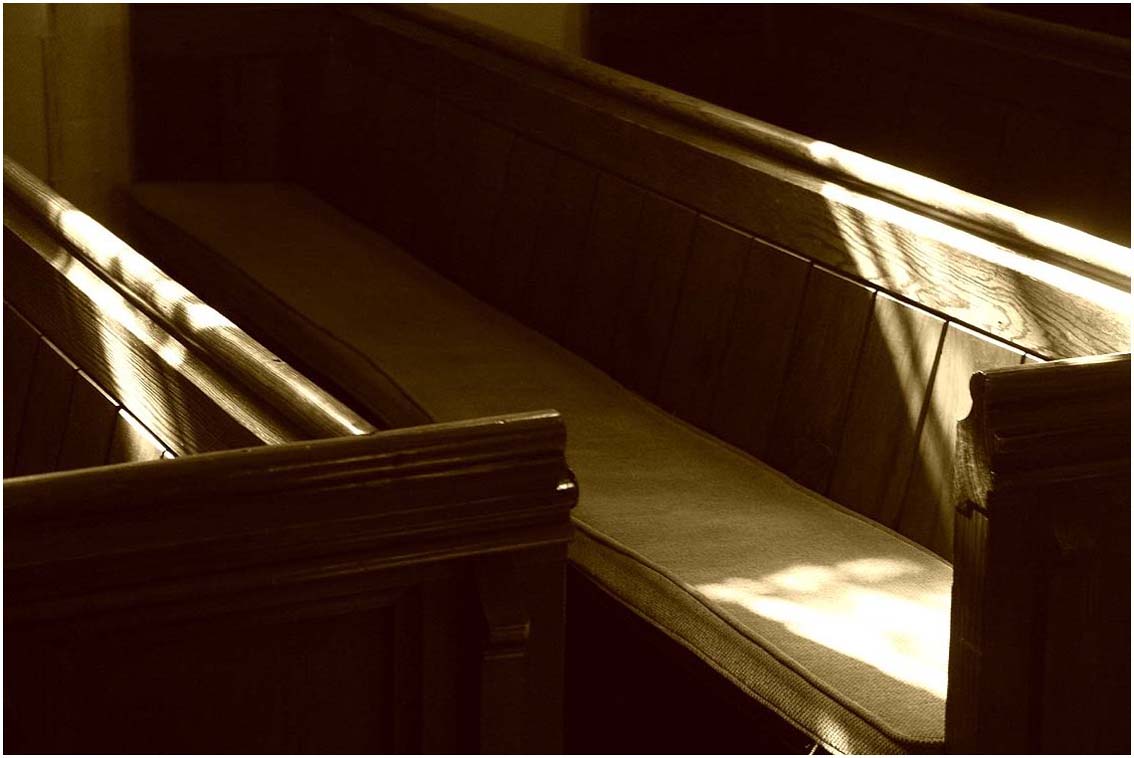
During Sunday’s church meeting, a man stood at the pulpit and bore a forceful testimony. Citing Moroni’s closing exhortation to “deny not [God’s] power,” he testified of the reality of miracles unlocked by wholehearted faith and willing belief. “Doubt and skepticism are fashionable in today’s world,” he said, and conceded that these might play a legitimate if limited role for some. But spiritual enlargement and sanctification come to those who “deny not” the power of God but instead affirm it with positive belief. His testimony was not unlike dozens of other testimonies offered from that same pulpit. But this one was… Read More
-
•
•
97 responses
Below is a letter Terryl Givens recently wrote on what it means to sustain Church leadership. It is an outgrowth of an actual correspondence between Brother Givens and a friend, and is posted with Givens’ permission. The friend holds strong feelings about recent changes made to the Church Handbook of Instruction and had asked Givens how someone could sustain a leadership that he or she believed had acted in error or unrighteously. Dear [Friend], I am glad you followed through with your question. [How can I sustain a leadership that I think has acted in error or unrighteously]. It is one… Read More
-
•
•
44 responses
Or maybe two kinds of Mormonism. Go read Boyd Peterson’s recent essay “Eugene England and the Future of Mormonism” and decide whether you are an England Mormon or a McConkie Mormon. Or whether you prefer England Mormonism or McConkie Mormonism. Or whether, if you were moving into a new ward, you would rather find Bishop England or Bishop McConkie to be your new local leader. Read More
-
•
•
17 responses
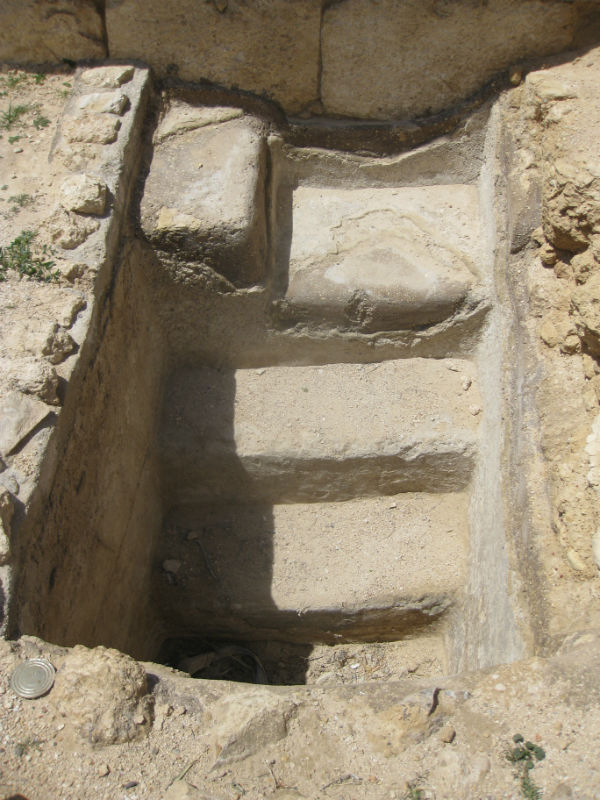
This is the second in a series of guest posts by Gerald Smith covering the release of his book Schooling the Prophet, How the Book of Mormon Influenced Joseph Smith and the Early Restoration. Read the first one here. Fifteen years ago a professor friend of mine at Boston College – a Jesuit Catholic university – walked into my office and asked a puzzling question: Why did the Catholic Church not recognize Mormon baptisms? It recognized the baptisms of other Protestant faiths – Lutheran, Methodist, Baptist, etc., but not Mormon. Thus a Methodist converting to Catholicism, for example, would not… Read More
-
•
•
3 responses
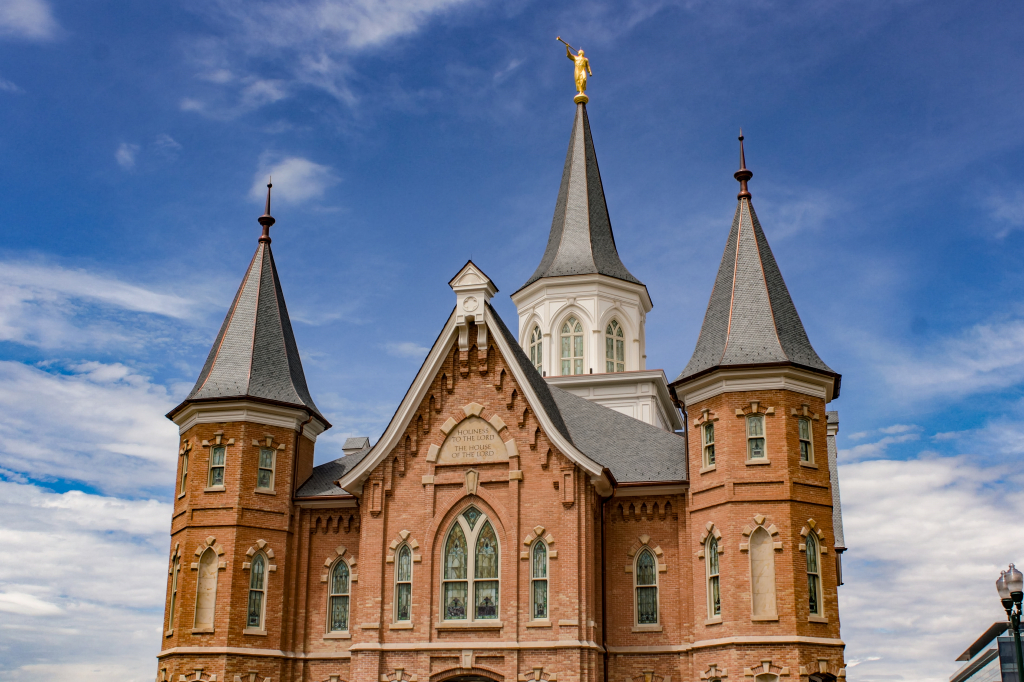
Not one of those several hundred thousand people who snapped up tickets to the Provo City Center Temple Open House in the first 24 hours? There is still a way to see it. Read More
-
•
•
32 responses

What is an adequate label for the areas outside of the so-called “Church’s center”? If it pertains to non-US countries, “international” is commonly used, but semantically it is flawed because the United States itself belongs to the circle of all nations. “Foreign” and “alien” sound non-inclusive for a church that emphasizes worldwide unity and belonging among its members. As a neutral geographical term, “abroad” fails if one wants to include in the discussion ethnic minorities within the United States. Those have become particularly noteworthy as the Church again allows Mormon wards with a foreign ethnic or lingual identity on American… Read More
-
•
•
11 responses

I’m proud to post a talk delivered by my mother, Christie Frandsen, on January 16, 2016, at the Affirmation conference in southern California. Christie is a longtime seminary and institute teacher, and a scholar of ancient scripture. She is married to Russ Frandsen and is the mother of eleven children and grandmother of 18. Many thanks to Affirmation for planning and hosting a marvelous conference. My beautiful brothers and sisters, I am humbled and nervous to be speaking to you this morning. I am not at all sure I have anything I can teach you because you are the ones who… Read More
-
•
•
78 responses

These three concepts exist, for most Mormons, in a tangled web. This has become especially evident in recent months as members have reacted to the Church’s new policies regarding same-sex married couples and their children that were announced in November. This discussion was stoked again following Elder Nelson’s recent remarks, leading to Dave’s post last week pondering: Policy or Revelation? The subtext to this question seems pretty clear: doctrine (often used synonymously with revelation in this discussions) doesn’t change. (For example, the Encyclopedia of Mormonism states that doctrine is “fixed and unchanging.”) And that’s the subtext that dominates all of… Read More
-
•
•
19 responses
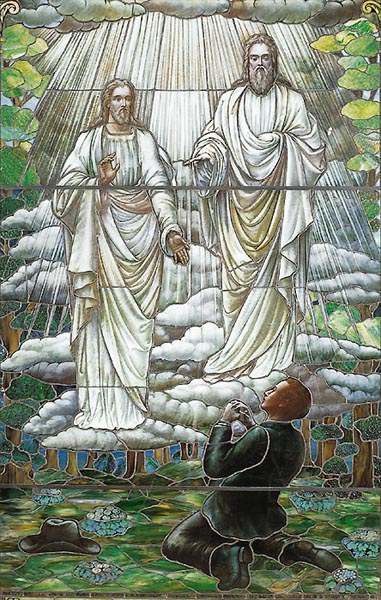
Thank you Nathaniel for your introduction, and thank you to Times & Seasons for the opportunity to share my thoughts and observations with you. A curious paradox of modern Mormonism is how Mormons and non-Mormons frame its heritage. Mormonism appeared in early nineteenth century North America as a new religion amidst a largely Protestant setting. Joseph Smith proclaimed new revelation – the First Vision of 1820; followed by a vibrant stream of additional revelations in the decades that followed; and new scripture – the Book of Mormon – introduced in the visions of Moroni beginning in 1823. All of this… Read More
-
•
•
3 responses
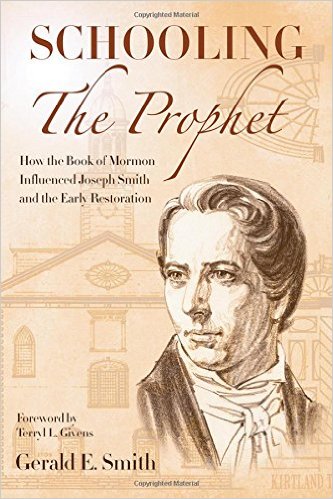
I’m pleased to introduce Dr. Gerald Smith for a round of guest posts here at Times & Seasons. He will be sharing a series of posts about his new book, Schooling the Prophet, How the Book of Mormon Influenced Joseph Smith and the Early Restoration (published by BYU Press and the Maxwell Institute.) I was lucky enough to be an early reader for the project, and was really struck by his unique approach to studying the Book of Mormon and how it had shaped the views and beliefs of Joseph Smith. Outside of Mormon studies, Dr. Smith is a business… Read More
-
•
•
85 responses
Facebook is ablaze with dismay over statements made by Elder Russell M. Nelson in Sunday night’s Worldwide Devotional, titled “Becoming True Millennials.” Initially, when the details of the new provisions were first disclosed and when Elder Christofferson publicly defended them, they were simply portrayed as a policy. Now, many are suggesting Elder Nelson has declared that the policy regarding Mormons in gay marriages and the status of their children (hereinafter, the “New Policy”) is more than a policy, it is a Revelation. The media is now picking up on this: here is a CBS News story titled “Mormon leader says… Read More
-
•
•
16 responses
As commanded, Nephi looks, and what does he see? Interesting that the first thing he sees is cities, including Jerusalem and then Nazareth. What are the other cities? Why does he see cities? This is all in the context of Nephi being guided to come to understand the meaning of the tree. Ultimately Nephi determines it to represent the love of God, which sheddeth itself abroad in the hearts of all God’s children. I wonder, then, if the purpose of seeing the cities was merely to orient Nephi toward the greater context of the meaning of what he sees—this isn’t… Read More
-
•
•
2 responses
Mormons and Modernism: Modernism, Secularism — and the Mormon Response? Thinkers as diverse as Charles Taylor, Marcel Gauchet, John Milbank, Mark Lilla, and Louis Dupré have written about the origins of the modern period—the radical change in thought and society from the medieval period to the modern that occurred gradually and culminated in the sixteenth century. Modernism brought us the renaissance, modern science, the birth of the modern state and democracy, as well as, ultimately, what Nietzsche called “the death of God.” In the twentieth century, questions arose about modernism, such as “How should we understand its grand narratives?” and “What have been its costs to human being?” Recognizing both modernism’s… Read More
-
•
•
23 responses
The first conspicuous element here is the replacement of Lehi’s test or opening—all that time walking in darkness—with Nephi’s being questioned by the angel. Nephi does not walk in darkness—his vision begins, after the opening angelic interchange, with looking directly on the vision of the tree. And this too is different. Lehi’s dream was experiential; Nephi’s vision is observational and propositional. This is huge. Nephi requested to see the things that his father had seen. In response, the angel shows him the tree. It doesn’t start with the field, and the other elements of the vision all come later. There’s… Read More
-
•
•
16 responses

The Expanse is an acclaimed novel series by Daniel Abraham and Ty Franck writing under the pen-name James S. A. Corey. The first novel, Leviathan Wakes, was released in 2011 and nominated for both the Hugo Award for Best Novel and the Locus Award for Best Science Fiction Novel. Abraham and Franck have released a book a year since then, with Caliban’s War in 2012, Abaddon’s Gate in 2013, Cibola Burn in 2014, and Nemesis Games in 2015. Babylon’s Ashes is slated for June 2016, and three more untitled sequels are scheduled for 2017-2019. The SyFy channel, in an attempt to… Read More
-
•
•
9 responses
I’ll confess, I feel a mixture of serious disappointment and jealousy as I’m struck by the utterly exotic nature of this event. Note not only the coming of the angel, but that the angel does not come to Nephi for specific reasons of instruction or witness—not like the shepherds abiding in their fields or Joseph Smith praying for forgiveness. Here the angel comes to simply ask: “What do you desire?” Now admittedly, this appears to be a sort of test—all right Nephi, let’s see what you ask for, and then we’ll see what you get. And Nephi apparently chooses wisely,… Read More
-
•
•
10 responses
I recently read Alan Spence’s Christology: A Guide for the Perplexed, a short but very helpful discussion of the topic. I’m going to use it to reflect a bit on Mormon Christology, particularly as it relates to modern Christological commentary on and criticism of the doctrines that emerged from theological debates in the early Church. First, let’s define the problem. Read More
-
•
•
Nephi does it again right at the start of this passage, though this time it’s in reverse: he talks about faith in the Son of God, and then realizing that his reader would need clarification on that, he inserts the parenthetical about the Son of God being the Messiah of whom Lehi had been prophesying earlier in the chapter. The whole passage here is interesting in terms of its being a small bit of autobiography leveraged to preach a sermon at us. Nephi relays his experience to us in order to explicitly teach us and convince us that we can… Read More
-
•
•
3 responses
At the end of this section Nephi notes that there were many other prophecies of Lehi, and many of those prophecies Nephi wrote in his other plates. Here he’s only written what he thought appropriate. Well then, what has he written? Out of many prophecies, what does Nephi consider worth including? Two main things. First, he’s copied over Lehi’s messianism and re-interpreted that messianism for his reader. Second he’s laid a foundation for one of the major themes of the entire Book of Mormon: this notion of scattering and gathering, which he’ll take back up when relaying his own vision… Read More
-
•
•
27 responses
The first lines go right along with the confusion and different worldview conspicuous in 9. Having just stated the Lord’s intention for Nephi to focus on the spiritual as opposed to the secular and his own confusion over this point, Nephi launches in to tell us about his journey, his reign, and his ministry. It’s all the same to him. It’s all the workings of God. And I Nephi through the first part of II Nephi is in fact about showing that God was behind Nephi’s reign. I wonder what’s behind this notion of a “land of inheritance.” It’s a… Read More
-
•
•
115 responses

John Gustav-Wrathall is the newly-elected president of Affirmation: LGBT Mormons, Families & Friends, an international organization founded in 1977 to support LGBTQ/SSA Mormons and their families, friends and Church leaders. Following his election, I invited Gustav-Wrathall, a personal friend, to draft a post on his thoughts about the new policy, his interactions with Church leaders, and what he thought important that members know. The post below is the product of that invitation. For those who don’t know him, Gustav-Wrathall is an adjunct professor of American Religious History at the United Theological Seminary of the Twin Cities, where he teaches future Protestant ministers about… Read More
-
•
•
40 responses
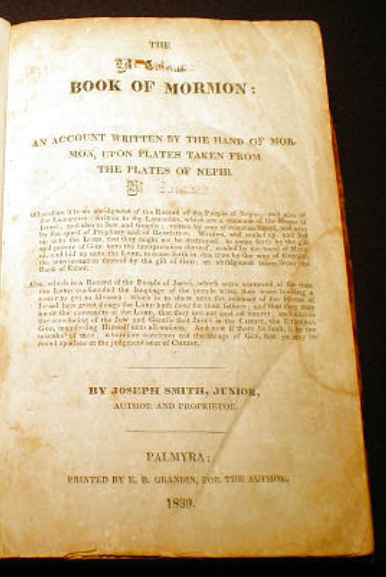
As with the Old and New Testaments, here are my suggestions for this year’s study of the Book of Mormon. (Edit for newcomers: Who am I and why do my suggestions have any merit?) Read More
-
•
•
8 responses
This is an extraordinarily odd chapter—and odd in ways that really do support the either prophet or genius narrative of Joseph Smith. Why, if one were simply trying to cover up their mistake in losing 116 pages and the first several hundred years of history, would you stick this chapter in here? You go ahead and finish translating from Mosiah through Moroni. Then, since your narrative is screwed up, you plan out this clever narrative of there being “other” plates—the Small Plates of Nephi—tacked on at the end of the gold plates—you use this ad hoc addition of these other… Read More
